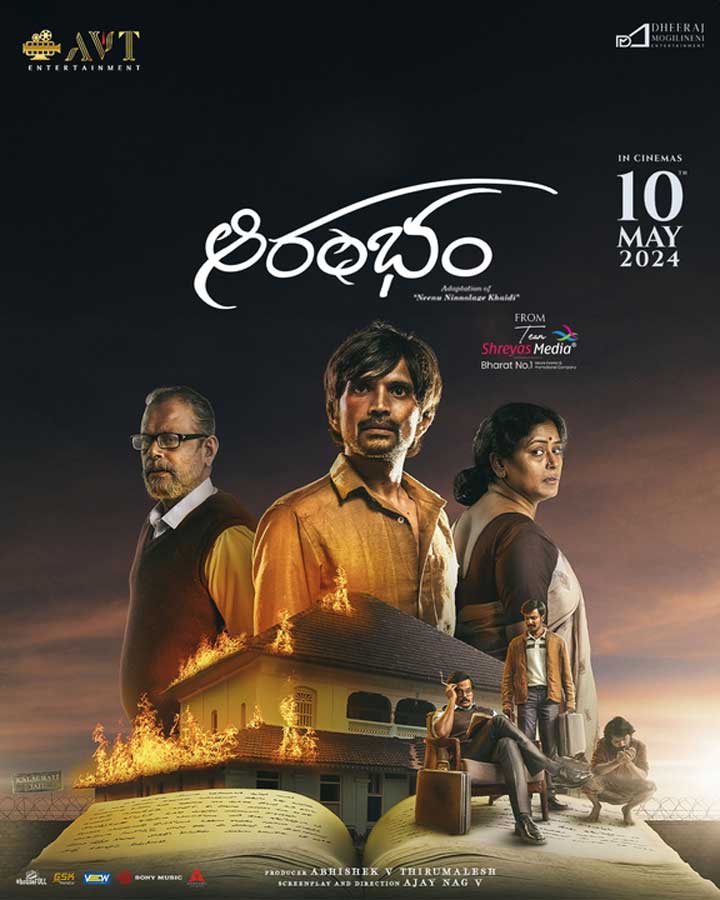Is the rise of piracy websites truly affecting the film industry's ability to thrive? A bold statement reveals that unauthorized platforms like Movierulz are causing irreversible damage to legitimate content creators and distributors. The alarming increase in illegal downloads has left filmmakers scrambling for solutions.
In recent years, the Telugu film industry has witnessed a surge in pirated content being circulated on unregulated websites. One such platform, Movierulz, has gained notoriety for enabling users to download films illegally. This issue came under scrutiny when the Madras High Court addressed a case involving the movie Domnic and Ladies Purse. Produced by Mammooty Kampany Private Limited and directed by Gautam Vasudev Menon, this film faced legal challenges before its release. Two parties, Mr. K. Punniyamoorthy and All in Pictures, filed applications seeking an injunction against the film’s theatrical launch. Despite these efforts, the court declined to stay the release, allowing the movie to proceed as scheduled.
| Name | Gautam Vasudev Menon |
|---|---|
| Birthdate | March 14, 1976 |
| Place of Birth | Mumbai, India |
| Career | Filmmaker, Screenwriter, Producer |
| Notable Works | Iqbal (2005), Udaan (2010), Bombay Velvet (2015) |
| Awards | National Film Award for Best Feature Film in Hindi (Udaan) |
| Professional Information | IMDb Profile |
The implications of piracy extend beyond financial losses. Filmmakers invest significant resources into creating high-quality content, only to see it undermined by unauthorized distribution channels. For instance, Court (2025), a critically acclaimed Telugu film directed by Ram Jagadeesh, found itself at the center of controversy due to rampant piracy. Starring Priyadarshi Pulikonda, Harsh Roshan, and Sridevi, the movie was produced by Prashanti Tipirneni and released on March 14, 2025. With a runtime of 149 minutes, Court explored themes of justice and morality through its compelling narrative. However, shortly after its release, the film became available on piracy sites like TamilRockers, Movierulz, and Telegram, depriving the production house of potential revenue.
Piracy websites often operate outside legal boundaries, making them difficult to regulate. Platforms like Movierulz have become notorious for hosting unauthorized copies of movies from various languages, including Telugu, Tamil, Malayalam, Bengali, and Kannada. These sites claim to offer free access to films, attracting millions of users who may be unaware of the consequences of their actions. By downloading or streaming pirated content, individuals contribute to the decline of the film industry, which relies heavily on ticket sales and digital streaming revenues.
Legal measures have been taken to combat piracy, but enforcement remains challenging. In January 2025, the Madras High Court dealt with a similar situation involving the movie Domnic and Ladies Purse. During the hearing, senior counsel M.S. Krishnan argued that director Gautam Vasudev Menon had outstanding financial dues that needed resolution before the film's release. Although the court dismissed the petition, it highlighted the complexities surrounding intellectual property rights in the entertainment sector.
Despite these challenges, some filmmakers remain optimistic about the future. They emphasize the importance of educating audiences about the impact of piracy and encouraging them to support legitimate platforms. For example, Wall Poster Cinema, the production company behind Court (2025), partnered with authorized streaming services to ensure wider accessibility while protecting their creative work. Such collaborations can help bridge the gap between filmmakers and viewers, fostering a more sustainable ecosystem for content creation.
Moreover, advancements in technology provide new opportunities to combat piracy effectively. Digital watermarking, encryption techniques, and blockchain solutions are being explored as potential tools to safeguard copyrighted material. By adopting these innovations, studios can better protect their investments and maintain control over how their films are distributed. Additionally, governments and regulatory bodies must strengthen existing laws to deter pirates and hold them accountable for their actions.
Returning to the specifics of Court (2025), the film received mixed reviews from critics and audiences alike. Directed by Ram Jagadeesh, the screenplay delved into the complexities of the judicial system, portraying characters caught between personal beliefs and professional responsibilities. Cinematographer Dinesh Purushothaman captured the nuances of each scene, while editor Karthika Srinivas ensured seamless transitions throughout the narrative. Music composer Vijai Bulganin contributed an evocative score that complemented the film's emotional depth.
As the Telugu film industry continues to evolve, addressing piracy remains a top priority. While platforms like Movierulz pose significant threats, there is hope for change through collective efforts. Filmmakers, distributors, and consumers must unite to promote ethical consumption habits and uphold the value of original content. Only then can the industry thrive in an increasingly digital world.
For reference, here is a summary of key details related to Court (2025):
| Title | Court |
|---|---|
| Language | Telugu |
| Director | Ram Jagadeesh |
| Producer | Prashanti Tipirneni |
| Cast | Priyadarshi Pulikonda, Harsh Roshan, Sridevi |
| Release Date | March 14, 2025 |
| Runtime | 149 minutes |
| Box Office Collection | ₹42.30 crore |
In conclusion, the battle against piracy requires sustained commitment from all stakeholders involved. By raising awareness, leveraging technology, and enforcing stricter regulations, the film industry can overcome this challenge and continue producing exceptional content for global audiences.



